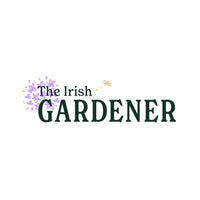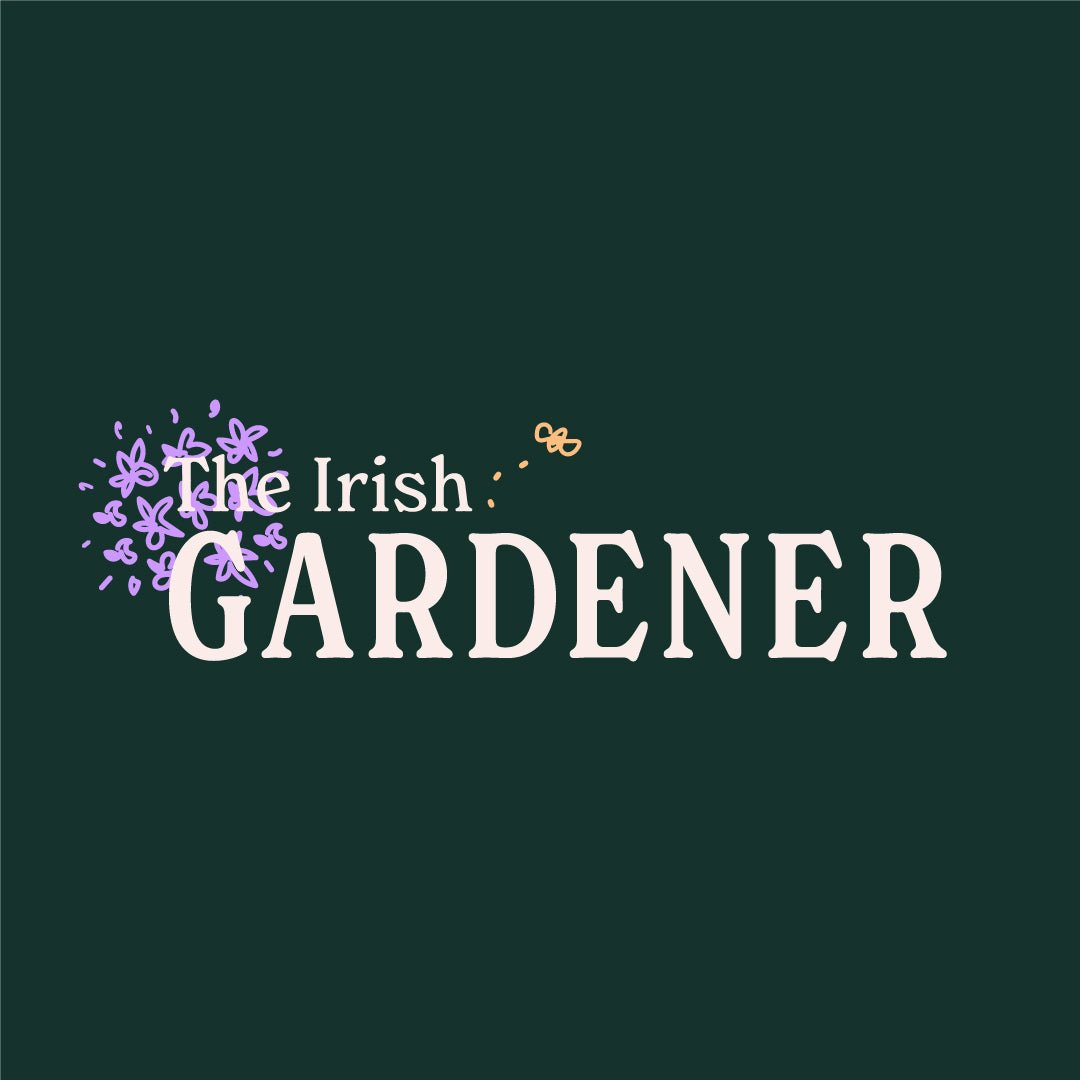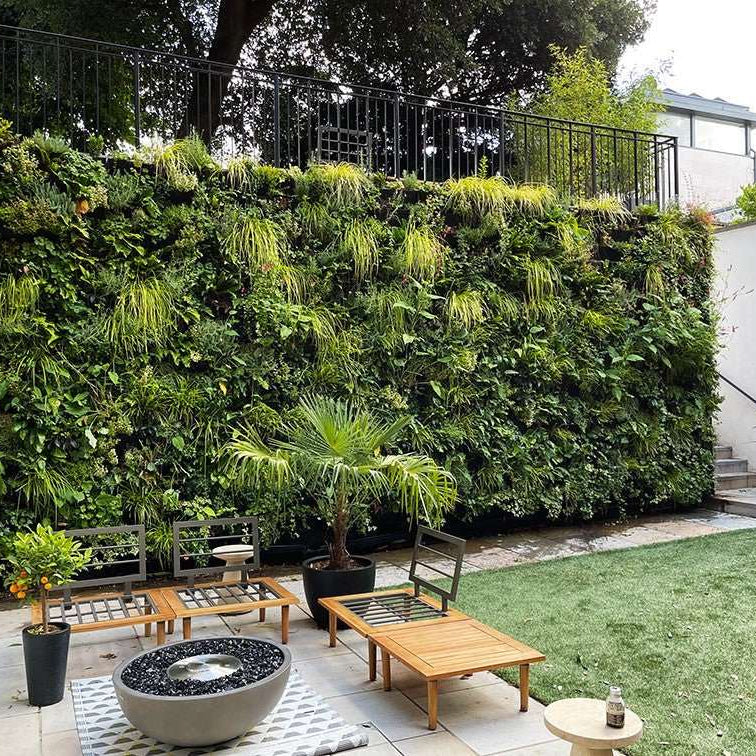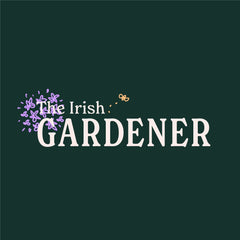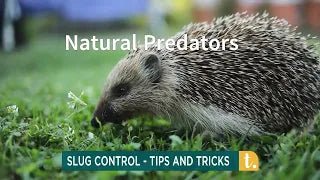For a healthy garden, the two most important words are natural balance. When we encourage a wide diversity of species, we avoid any one pest gaining the upper hand. With slugs and snails, that balance means welcoming hedgehogs and birds—nature’s own pest controllers and avoiding products that harm them. Here’s how to protect plants without poisoning your garden’s allies.
Why natural balance matters
More species = fewer outbreaks. A diverse garden stops any one creature dominating.
Predators do the work. Hedgehogs and many birds happily eat slugs and snails.
Toxic pellets break the system. Old-style slug pellets often used metaldehyde. Slugs ingest it, then predators eat the poisoned slugs harming or killing the very wildlife that keeps slug numbers in check.
Choose wildlife-safe control
If you use pellets, pick ones with iron (ferric) phosphate.
Effective on slugs and snails.
Safe for hedgehogs, birds, and pets when used as directed.
Use sparingly; a little goes a long way.
Extra, non-toxic tactics
Habitat helpers: log piles, leaf litter and mixed planting encourage predators.
Water in the morning: drier evenings reduce slug activity.
Copper bands/beer-free traps: physical barriers without collateral damage.
Plant choice: mix in less-tasty plants around hostas and young seedlings.
Quick recap
Build natural balance first.
Avoid metaldehyde; it harms predators.
If needed, use iron (ferric) phosphate pellets responsibly.
Combine with simple cultural and physical controls.
Want a tailored, wildlife-friendly plan for your garden? Book an Online Garden Consultation and I’ll map out planting and pest control that works with nature. Learn More here Garden Design Services Ireland - Expert Plans by Peter Dowdall – The Irish Gardener Store
